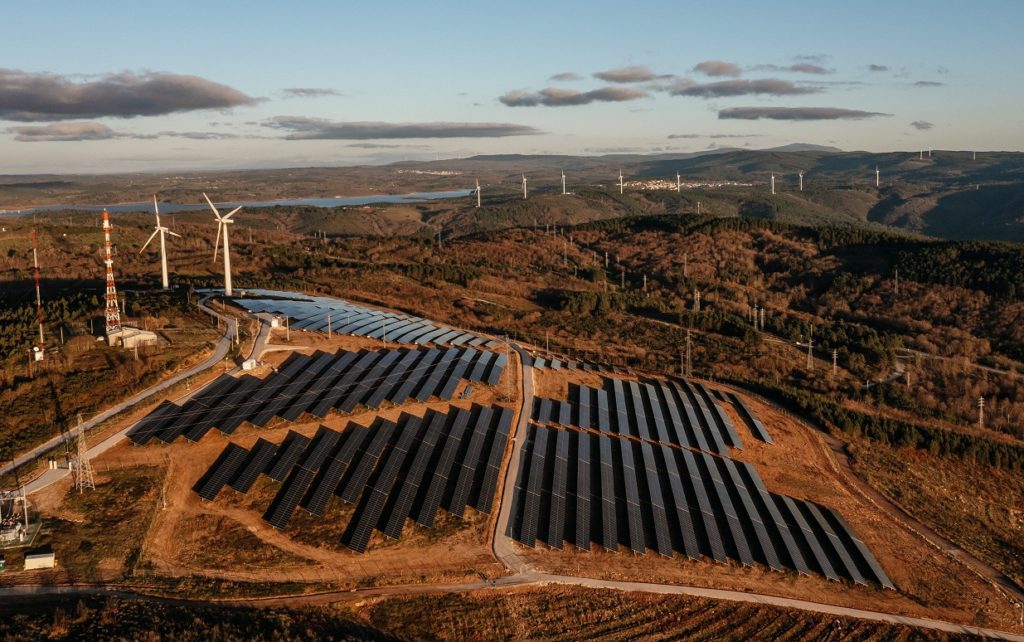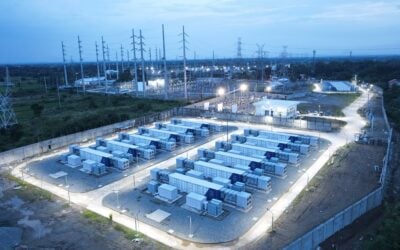
Recent reports on the energy storage auction in Greece show that “players are willing to take risks” to get into the market, an analyst from research firm Clean Horizon told Energy-Storage.news.
Local reports say a total of 3.3-3.5GW of battery energy storage projects have been bid into a 400MW auction for grants from the government, which was launched in June, of which 3.2GW was considered valid. The grants comprise both upfront payments for construction and annual aid payments over 10 years.
Enjoy 12 months of exclusive analysis
- Regular insight and analysis of the industry’s biggest developments
- In-depth interviews with the industry’s leading figures
- Annual digital subscription to the PV Tech Power journal
- Discounts on Solar Media’s portfolio of events, in-person and virtual
Rosemary Colaert, energy storage analyst for Clean Horizon, said the reported offers for the annual aid payments are ranging below 100,000 k€/MW/year and show “…aggressive bidding when compared to the 115,000€/MW/year cap”.
Colaert added that the level of revenues the bids are seeking “suggests that bidders are expecting additional revenues for the remaining 10 years of operation of the battery system after the 10-year support scheme. This is a strong assumption as it is hard to assess how the energy and ancillary services markets will stand in 10 years.”
“We think the main message here is that players are willing to take risks in order to have an operating asset in Greece. This strategy has been witnessed in other countries where tenders were being held for the first time, for example in Portugal where the capacity payments for PV-plus-storage projects turned out to be negative.”
As Energy-Storage.news reported in March, developers are submitting energy storage projects in Greece for electricity market licenses in preparation for the auctions which will total 900MW, including the current 400MW process. The country is aiming to have 3GW online by 2030.
Clean Horizon (with which Energy-Storage.news did a November 2021 webinar on the Greek market) has analysed the total volume of battery storage which has been licensed and totals a whopping 23.6GW of all durations.
The chart below (data to May) shows the volume by company, with Madrid-headquartered renewables independent power producer (IPP) EDP Renewables the largest with around 1,500MW licensed. Greek firm PPC Renewables is second with a little over 1,000MW while DIREEN, part of Narada Power, is third with over 800MW.
The firm cautioned however that many projects have been submitted through special purpose vehicles (SPVs) which can make it hard to identify the ultimate parent company. Not all of the projects will have entered the auction either, since it required a two-hour duration.
Source: Clean Horizon.
Since then, another 24 battery storage projects totalling around 1.6GW was submitted for approval, local reports said.
Many projects are being paired with wind or solar generation to avoid curtailment thereby increasing revenues, by saving the generated energy during peak production periods and shifting it to peak demand, lower production periods.
Greece was highlighted as one of the five most attractive energy storage markets in Europe by another research firm, Aurora Energy Research in April this year, along with Germany, Great Britain, Ireland and Italy, while UK-based energy storage fund manager Gore Street Capital described it as an “interesting market” in an interview with Energy-Storage.news last year.






